Nelson Makengo’s “Rising Up At Night” (Tongo Saa) throws us into a world swathed in sheer darkness. Across several neighborhoods in Kinshasa, the electricity is snapped for as long as four months or even more as a result of flooding. When we first enter one of the flooded houses, the sight is so shocking it can take a while to even be able to grapple with the enormity. People move around in their houses, where the water is practically waist-deep. One such house belongs to Davido, a drifting youngster. The family ferrets through disposable items in the water that has swirled into the house. The image is bleakly accentuated further by the knowledge that this has been the situation for several months.
It seems to be an interminable plight that goes unheard by those in power. Locals mourn that their complaints garner no response from the government, who they allege are bothered only with alleviating conditions of widows. What about our children? They demand. Mothers lament not being able to scan the food they feed to their kids for worms. Rapes are on the rise. Dangerous deep-sunk holes abound. An old woman shows her injury.
Strife dominates every facet of their lives. They trudge through nights plunged in absolute darkness, walking the line between hope and despair. Flashlights are the people’s sole navigational tool. The pile of problems is colossal. I’ll admit I was overwhelmed by the magnitude of the crisis Makengo unravels. One of the meetings convened by Kudi illuminates the entire gamut of difficulties posed by the unceasing situation besides the question of navigational access. It is impossible to enter the neighborhood by foot. Canoes are the only option, and rides invariably teeter to exorbitant rates, which the locals have no choice but to pay. All the hard-earned money people cobble together gets funneled into managing access to what is indubitably their most basic rights.
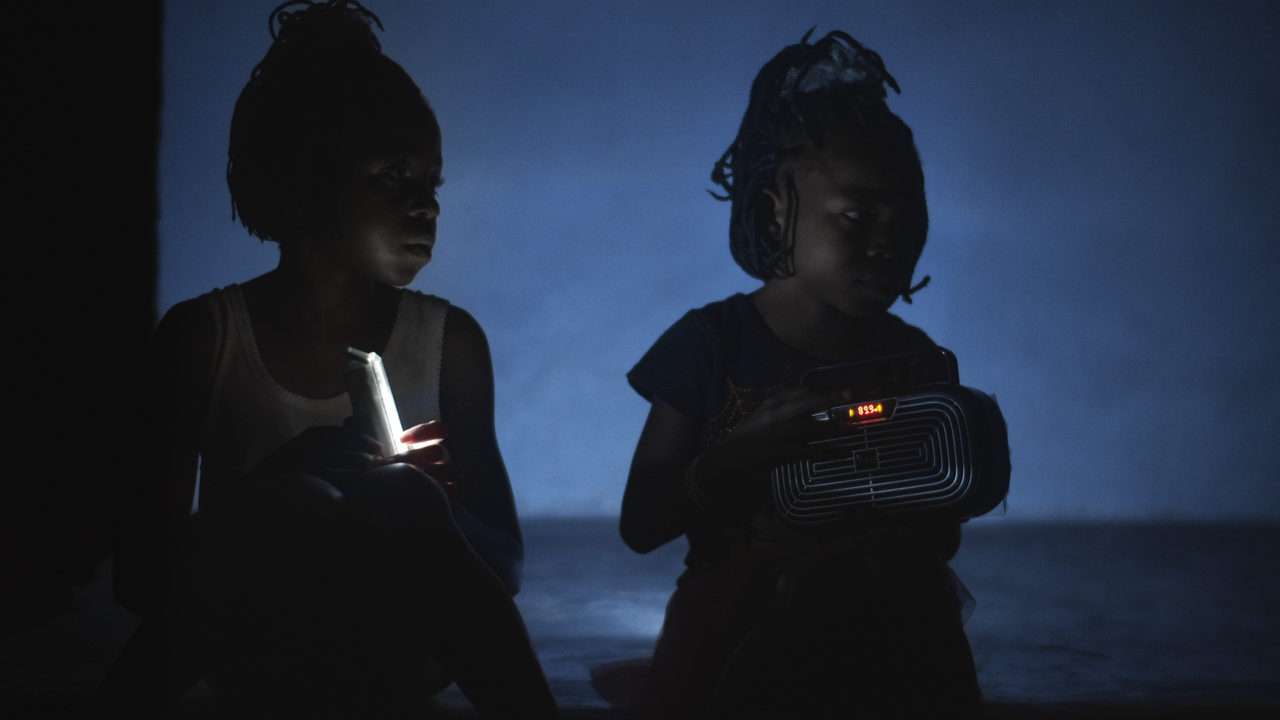
Residents of the locality of Kinseso pool money to replace the stolen cables so that they can properly celebrate Christmas festivities. Often, women emerge at the forefront of the fundraising, driven to needle the engineer into getting the work done. There’s apparent cynicism and insinuations of mishandling, but this is the only recourse people are able to envisage. They seem to be indifferent to taking the matters to top brass, albeit they could have tried that and received no notice. It may have little or no accord on their lives. However, I wished to get a broader perspective on the crisis that refuses to abate unless people take the initiative themselves to procure new cables for availing, which requires a collective contribution.
In the background, news drones about several massive hydroelectric projects on the anvil that can ensure electricity to millions of Africans. Slowly, however, they seem to get stalled or deferred. The film mostly situates itself in the capital of Kinshasa. But it makes its emphasis clear that the unrelenting power cuts sprawl across several flooded districts that are close to the Congo River.
The community is deeply embedded in religious devotion. Prayers and rituals they immerse themselves in build to a feverishly heightened pitch, assuming a crescendo in pursuit of a rescue from their circumstances. In fact, these scenes escalate with such discombobulating intensity I was left reeling, my senses spinning. Consciousness itself veers to blurring as the people seek to release all their agonies in a collective upsurge. It is a dizzying experience to witness, with composers Bao Sissoko and Wouter Vandenabeele amping up the moment of sublimation. These emotionally charged scenes are among the best in the film, unnervingly and powerfully rousing. People seem to cede their entire selves in the act. Their spirituality foregrounds the solution which they see as possible. Moreover, they call on Jesus to pay attention to their suffering and show mercy.
“Light is life, and darkness is the devil” is posited as the belief system that anchors the community. Therefore, the theological is the very foundation for how people imagine and operate life in its most damning concerns that need urgent reckoning. For them, the return of electricity is the restoration of joy. “Rising Up at Night” puts the joylessness of a world that is bereft of positive solutions on vivid display. The dourness that fills their lives receives as sharp a focus as does an unwavering commitment of the director to their tenacity, which already shows signs of exasperated cracks. Searing in its pitiless horror of everyday life in Kinshasa, “Rising Up At Night” is a grimly insistent work.



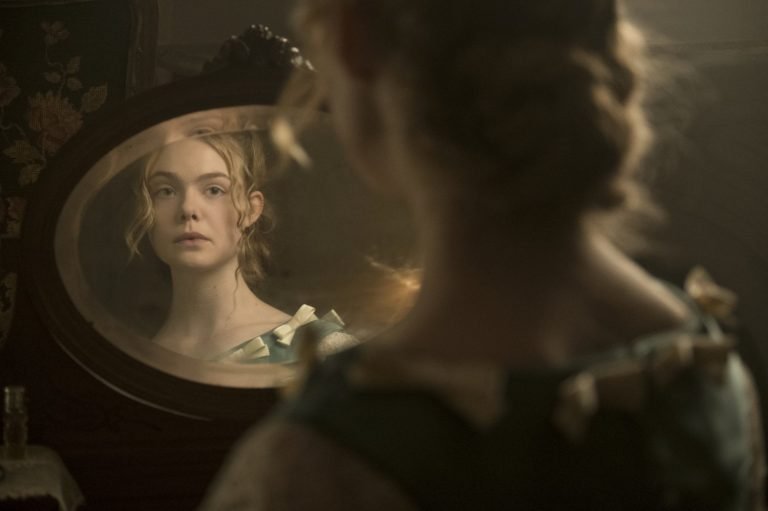
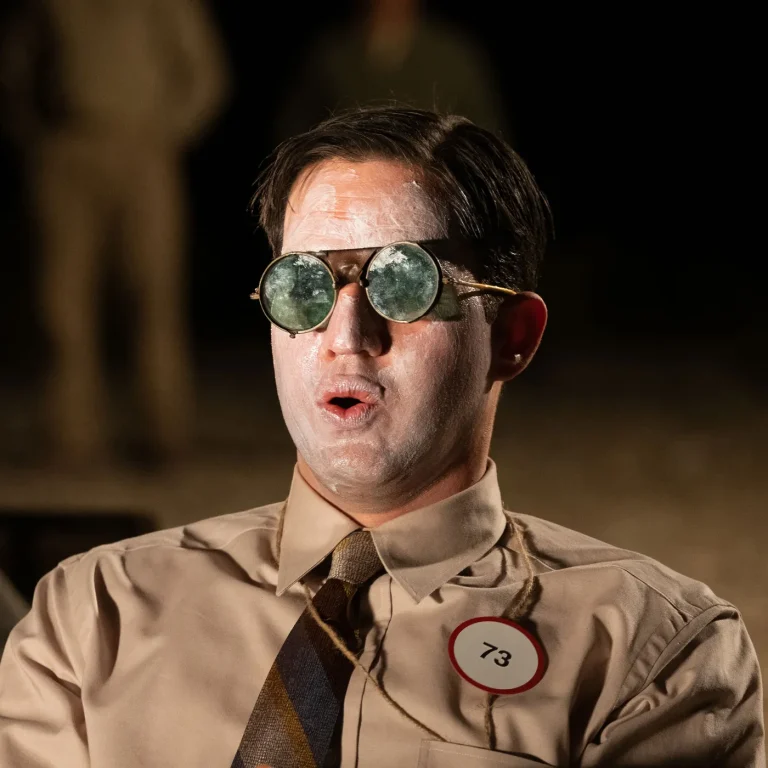
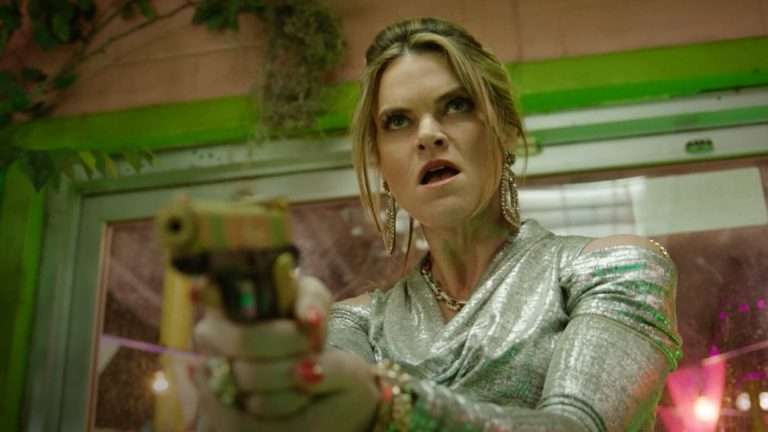
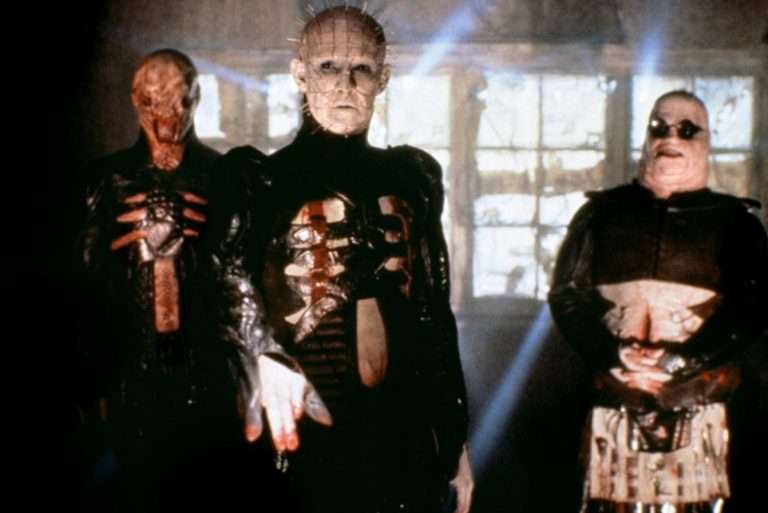

![The Florida Project [2017]: ‘Mumbai Film Festival’ Review](https://79468c92.delivery.rocketcdn.me/wp-content/uploads/2017/11/HOF_THE_FLORIDA_PROJECT-768x347.jpg)